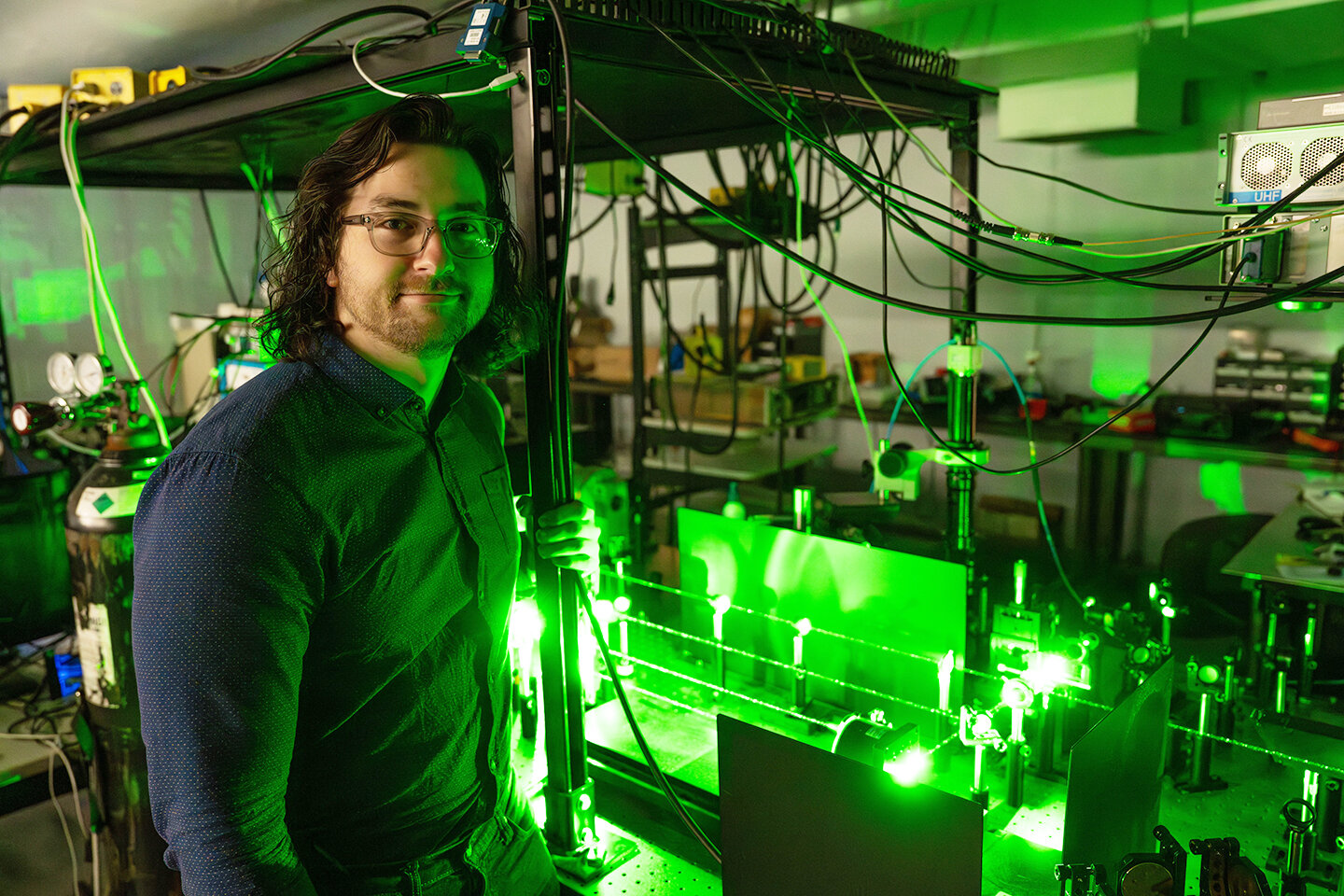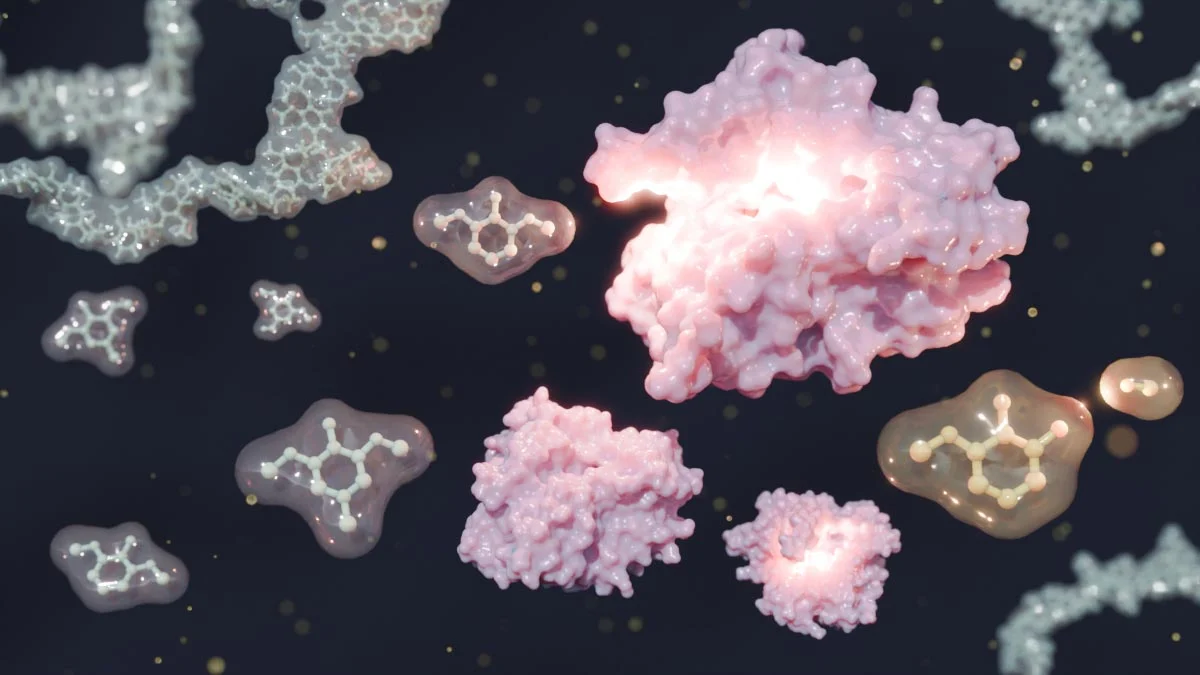The Urgent Need for a Paradigm Shift
Despite decades of scientific warnings, our planet continues to face escalating threats from climate change, pollution, and biodiversity loss. A recent United Nations report emphasizes that superficial solutions are insufficient; instead, a profound transformation in our societal values and systems is imperative.
Understanding Deep Change Theory
Deep Change Theory advocates for a fundamental reassessment of our core beliefs and practices. Rather than implementing incremental fixes, it calls for a comprehensive overhaul of the systems that drive environmental degradation. This includes reevaluating our relationship with nature, consumption habits, and economic models that prioritize short-term gains over long-term sustainability.
The Limitations of Surface-Level Solutions
While initiatives like recycling and conservation efforts are beneficial, they often address symptoms rather than root causes. For instance, recycling doesn’t tackle the underlying issue of overproduction and excessive consumption. Similarly, designating protected areas for nature fails to integrate ecological considerations into broader urban and economic planning.
Embracing Systemic Transformation
To achieve meaningful change, we must:
- Transition from fossil fuels to renewable energy sources.
- Adopt sustainable resource management practices.
- Redefine economic success to include environmental and social well-being.
- Foster a cultural shift that values ecological harmony over exploitation.
This comprehensive approach requires collaboration across all sectors of society, including governments, businesses, and individuals.
The Role of Individuals in Driving Change
While systemic change is crucial, individual actions play a significant role in catalyzing broader transformations. By adopting sustainable lifestyles, advocating for environmental policies, and supporting organizations committed to ecological preservation, individuals can contribute to a collective movement towards a more sustainable future.










